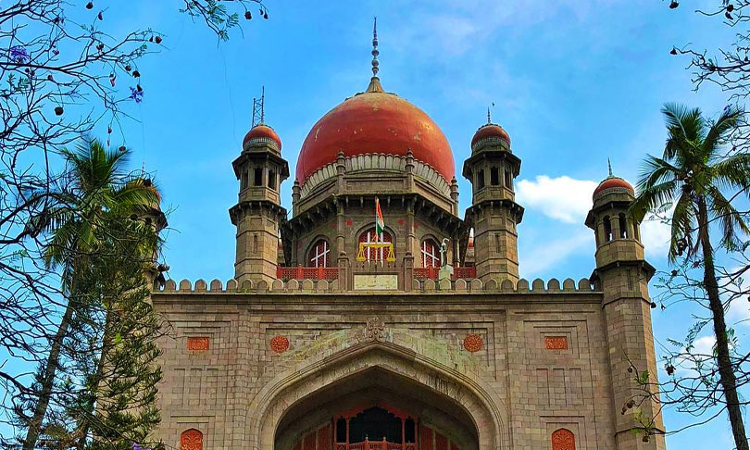Arbitrator Taking A Different View Is Not A Ground To Set Aside Award: Telangana High Court
Rajesh Kumar
4 Feb 2024 8:45 PM IST

Next Story
4 Feb 2024 8:45 PM IST
The Telangana High Court bench comprising Justice M.G. Priyadarsini held that the scope of setting aside an arbitral award under Section 34 of the Arbitration and Conciliation Act, 1986 is very limited and can only be set aside if there is an error apparent on the face of the record and there is perversity in the award. Further, it held that the courts should not interfere with the...
